15 January 2025
So, you’ve found a great-looking rental property, and you’re excited to move in. But before you sign that lease and start packing boxes, let’s talk about something crucial—asking the right questions. Trust me, the last thing you want is to be blindsided by hidden fees, maintenance nightmares, or a landlord who’s harder to reach than your high school crush. Asking the right questions upfront can save you money, time, and a whole lot of stress down the road.
Let’s dive into the key questions you should ALWAYS ask your prospective landlord before committing to a rental property. 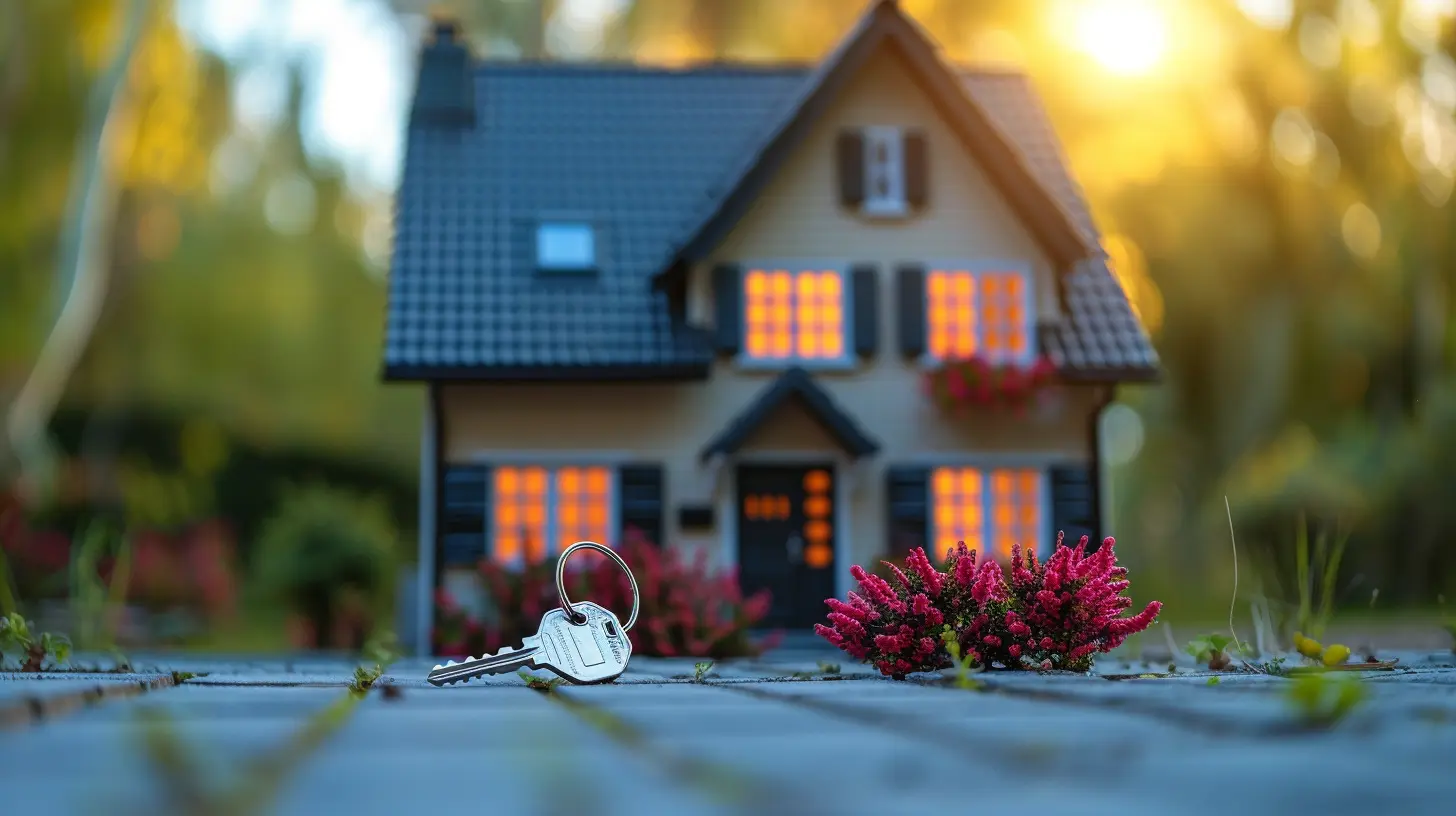
1. What’s Included in the Rent?
You might think this one’s obvious, right? Rent is rent. But hold up—there's more to it than just the monthly figure. Does the rent cover utilities (like water, gas, or electricity), or are those extra? What about Wi-Fi? Trash pickup? That seemingly affordable apartment can quickly become a financial burden if you’re hit with surprise expenses.Some landlords might bundle utilities into the rent, while others pass those costs directly to you. Be crystal clear on what you're paying for and what you're not, so you won't be shocked when the bills start rolling in. 
2. What’s the Lease Term?
Is this a month-to-month deal, a six-month lease, or are you locking yourself in for the next year? This question is huge. Not all rental agreements are one-year leases, and shorter terms (like month-to-month) might come with higher rent.Additionally, ask what happens when the lease ends. Can it go month-to-month, or will you need to sign another fixed term? The lease term not only affects your flexibility but also dictates your future rent hikes. Speaking of which… 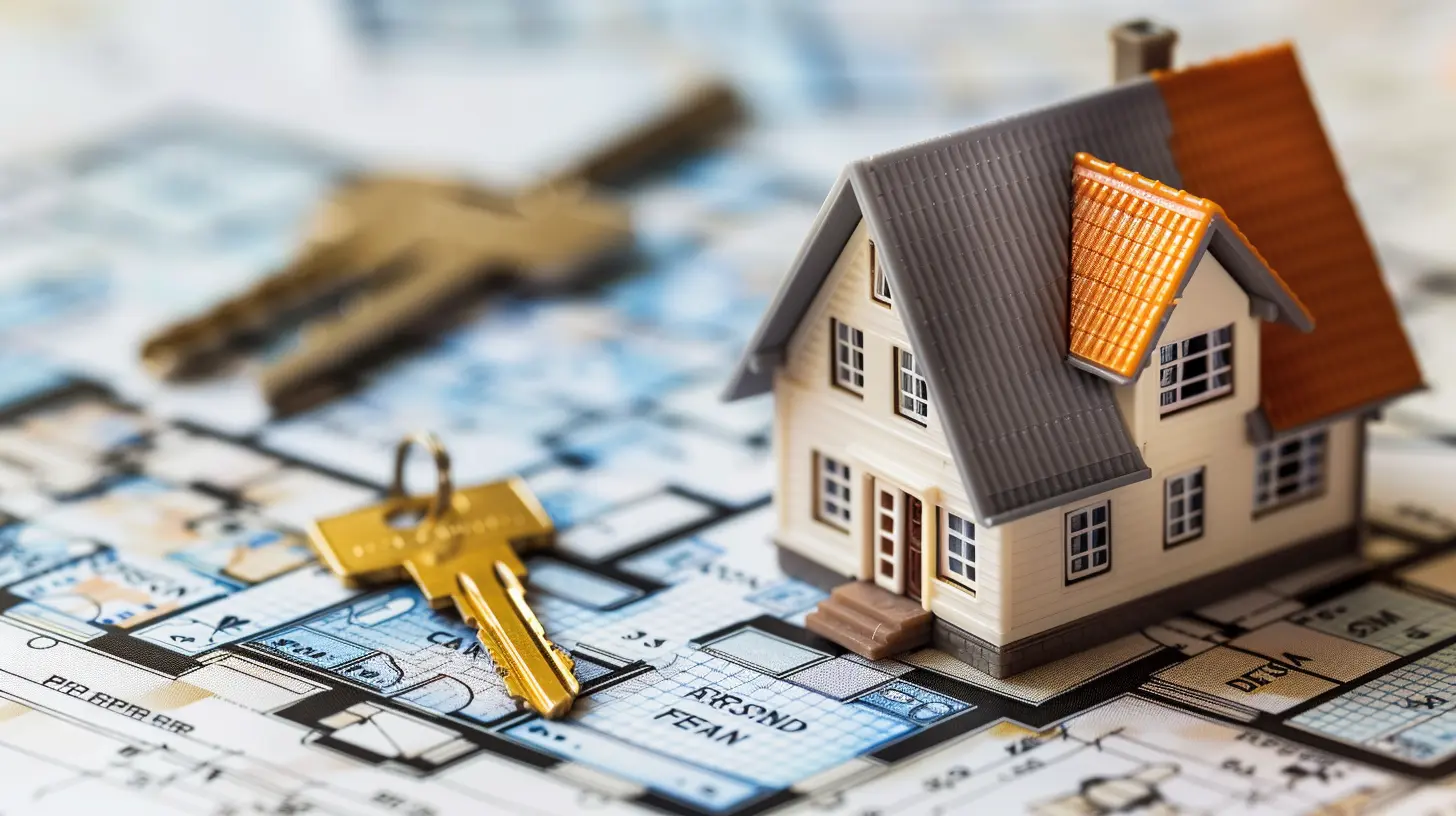
3. How Are Rent Increases Handled?
Nobody likes getting a rent hike out of the blue. Ask your prospective landlord how often rent increases happen and by how much. Are they tied to inflation? Local market rates? Even if the initial rent seems reasonable, frequent or steep increases can strain your budget.In locales with rent control, landlords may be restricted in how much they can increase the rent annually, but it’s good to know the specifics. If you're not sure about your local laws, this is the perfect time to brush up. 
4. What’s Your Policy on Maintenance and Repairs?
Picture this: your shower stops working, or your heater gives out during the dead of winter. Who handles that? You need to know who’s responsible for repairs and how quickly they’re addressed.Here are some specific follow-up questions you could ask:
- Is there an emergency maintenance number?
- How long does it typically take to fix something?
- What kind of repairs fall under the landlord’s responsibility versus yours?
Don’t assume the landlord will take care of every little thing—sometimes tenants are responsible for minor fixes.
5. Are There Any Restrictions or Rules for Tenants?
Some landlords are chill and don’t mind if you paint an accent wall or adopt a fluffy golden retriever. Others… not so much. Make sure to ask if there are any restrictions, like:- Can you make modifications or decorate the apartment?
- Are pets allowed? (If yes, is there a pet deposit or monthly fee?)
- Can you sublet or have roommates?
Knowing these upfront helps you avoid awkward surprises later. You don’t want to throw a housewarming party only to find out that the lease has a strict “no parties” policy!
6. What’s the Move-In Process Like?
What’s the game plan for moving in? Ask about key pick-up, inspections, and deposits. Here’s a quick checklist to cover:- How much is the security deposit? Is it refundable?
- Are there additional move-in fees?
- Do you need renters’ insurance?
Also, it’s a good idea to ask about a move-in inspection. This ensures you and the landlord are on the same page about the property’s condition before you settle in. (No one wants to pay for a broken cabinet that wasn’t their fault.)
7. What’s the Neighborhood Like?
You’re not just renting four walls—you’re signing up for an entire neighborhood experience. Sure, you can Google “best neighborhoods in [city]” all day, but landlords can offer insight you might not find online.Ask about:
- Noise levels (Is it party central or relatively quiet?)
- Public transportation and parking options
- Nearby amenities (grocery stores, parks, gyms, etc.)
If possible, visit the property at different times of the day to get a feel for the area. A charming, peaceful vibe at 10 a.m. might morph into chaos by night.
8. Who Lives in the Building (or Nearby)?
This one’s a bit like online dating—you want to know who you’re sharing space with. Are they families, professionals, students, or retirees? Having a general idea can give you a sense of the building’s atmosphere.Also, ask if the landlord or property manager lives on-site. An on-site manager can make problem-solving a lot faster. However, keep in mind that you might also feel more “watched” if they live next door.
9. What’s the Parking Situation?
Don’t gloss over parking details. If you have a car, you need to know the scoop:- Is parking included, or does it cost extra?
- Are spaces assigned, or is it first-come, first-served?
- What’s the visitor parking situation?
If there's street parking, check if it requires a permit. You don’t want to deal with daily parking tickets because of unclear rules.
10. What’s Your Guest Policy?
Planning to have friends or family stay over? Make sure there aren’t any weird restrictions about overnight guests. Some landlords limit how long guests can stay, while others might charge extra if someone crashes at your place for more than a week.This question helps avoid tension with your landlord down the road, especially if you’re the social butterfly type.
11. What Happens If You Need to Break the Lease?
Life happens. Maybe you get a job offer in another city, or your circumstances change unexpectedly. It’s important to know what you’ll owe if you have to break the lease early.Ask about potential fees, notice requirements, or subletting options. Some landlords are more flexible than others, but you don’t want to be slapped with a massive penalty just for needing to move.
12. Is the Property Managed by You or a Company?
This might not seem critical, but it can make a big difference. A private landlord might be more relaxed and flexible, whereas a property management company might have stricter enforcement of rules.Knowing this upfront can help you set the right expectations. Plus, if you prefer dealing with one over the other, it’s good information to have before you commit.
13. Have There Been Any Recent Renovations or Issues?
A freshly renovated property might sound appealing, but it’s also worth asking why renovations were needed. Was it just to modernize the space, or were there underlying issues like mold or plumbing problems?Additionally, ask if there have been recent pest problems or other recurring issues. These might not be deal breakers, but it’s good to know what you’re walking into.
14. What’s the Application Process Like?
Lastly, ask about the nitty-gritty of applying for the unit. What documents will you need to provide? Is a credit check or background check required? How long will approval take?This could also be your chance to negotiate. If you’re competing with other applicants, offering to pay the deposit or rent early might give you an edge.

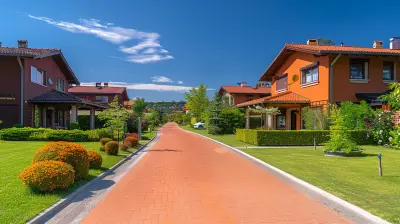
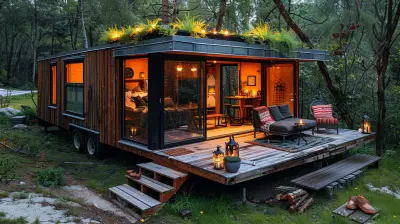






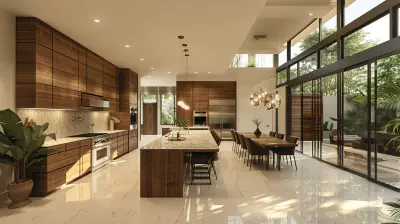
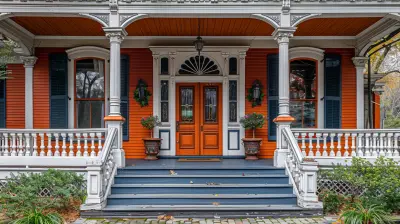
Starling McNeal
When evaluating a landlord, prioritize transparency and responsiveness. Your comfort and safety depend on clear communication and a solid rental agreement.
March 30, 2025 at 8:57 PM